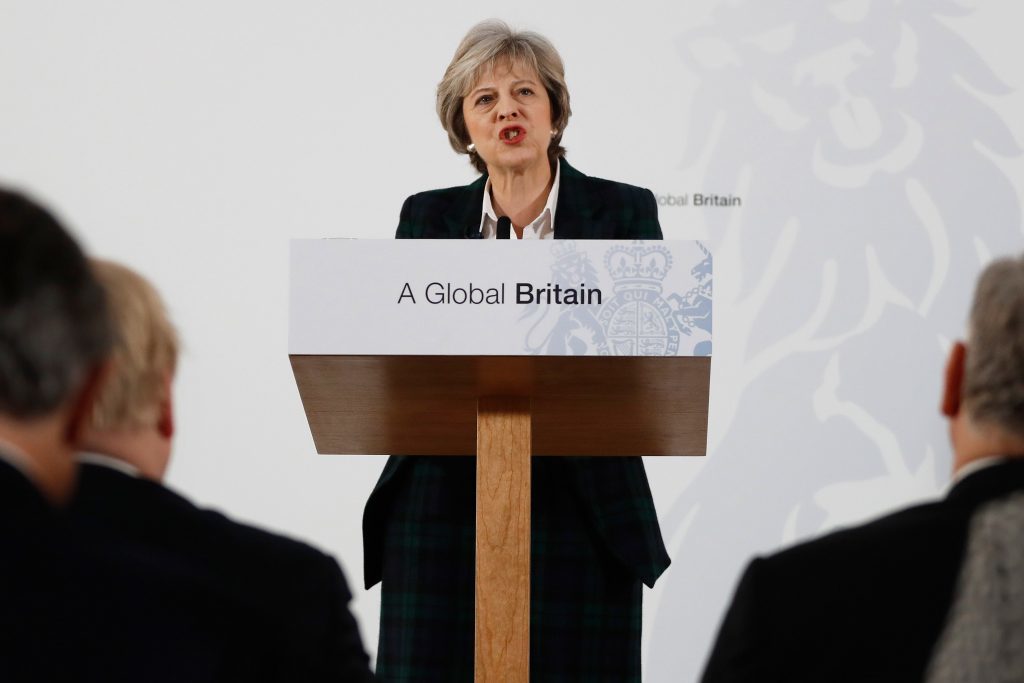
Theresa May’s future as prime minister is in doubt today after a dreadful election night during which the SNP also suffered a slump in support.
The Tory leader called the snap poll, despite repeatedly insisting she would not, with the principal aim of boosting her party’s majority before the forthcoming Brexit negotiations.
But the unnecessary gamble backfired spectacularly at the hands of Jeremy Corbyn’s Labour.
In Scotland, the nationalists remain the largest party, but they could not replicate their 2015 landslide when they secured 56 of 59 seats.
They lost constituencies to both the Conservatives and Liberal Democrats – as was expected – but also to Labour, which improved on its near wipe-out two years ago.
Among the largest scalps of the night were those of former first minister Alex Salmond – beaten by the Tories’ Colin Clark – and SNP deputy leader Angus Robertson, ousted by Conservative Douglas Ross.
Former Lib Dem Leader Nick Clegg was also toppled by his Labour contender.
As the cards fell, a hung parliament looked certain, raising the prospect of a deal between Labour and the SNP, perhaps in return for the guarantee of a second independence referendum.
But as the largest party, the Tories could seek to run a minority government or forge a deal with the Democratic Unionists, although in that scenario, they could still be short of the 326 required for a Commons majority.
Regardless, the result is far from what Mrs May or her party – historically intolerant of failure – had hoped for, so her days at the helm could be numbered.
After winning his north London seat, Mr Corbyn said the people had voted for hope and rejected austerity.
The veteran left-winger, who gathered momentum as the campaign went on, also called on Mrs May to resign.
He insisted she should “go and make way for a government that is truly representative of this country”.
Mrs May increased her majority in the Berkshire seat she has represented for two decades, winning almost 38,000 votes, but that will be of little consolation.
After the declaration, she said at this time “more than anything else”, the country needed a “period of stability”.
She added: “If as the indications have shown and if this is correct that the Conservative Party has won the most seats and probably the most votes, then it will be incumbent on us to ensure we have that period of stability – and that is exactly what we will do.”
The result is also a blow to the leading Brexiteer MPs seeking a strengthened hand going into the EU talks.
Reacting to the picture, First Minister Nicola Sturgeon said she would not make “rash decisions” on her plan for another referendum ballot.
But while acknowledging the fall in SNP support was “disappointing”, she said her party had won the election in Scotland.
It is still the nationalists’ second best-ever Westminster result.
The SNP leader described the night as a “disaster” for Mrs May, adding: “She thought she could steamroller the opposition and cruise to a landslide victory.”
Despite the Tory leader’s misery, it was an historic night for the Scottish Conservatives who achieved their best result in Scotland for three decades, surging up from just one MP in 2015 to double figures.
Ruth Davidson said the SNP losses meant a second independence referendum is now “dead”.
With 646 of 650 seats declared, the Conservatives were on 315, Labour on 261, the SNP on 35 and Lib Dems on 12.
Recommended for you
